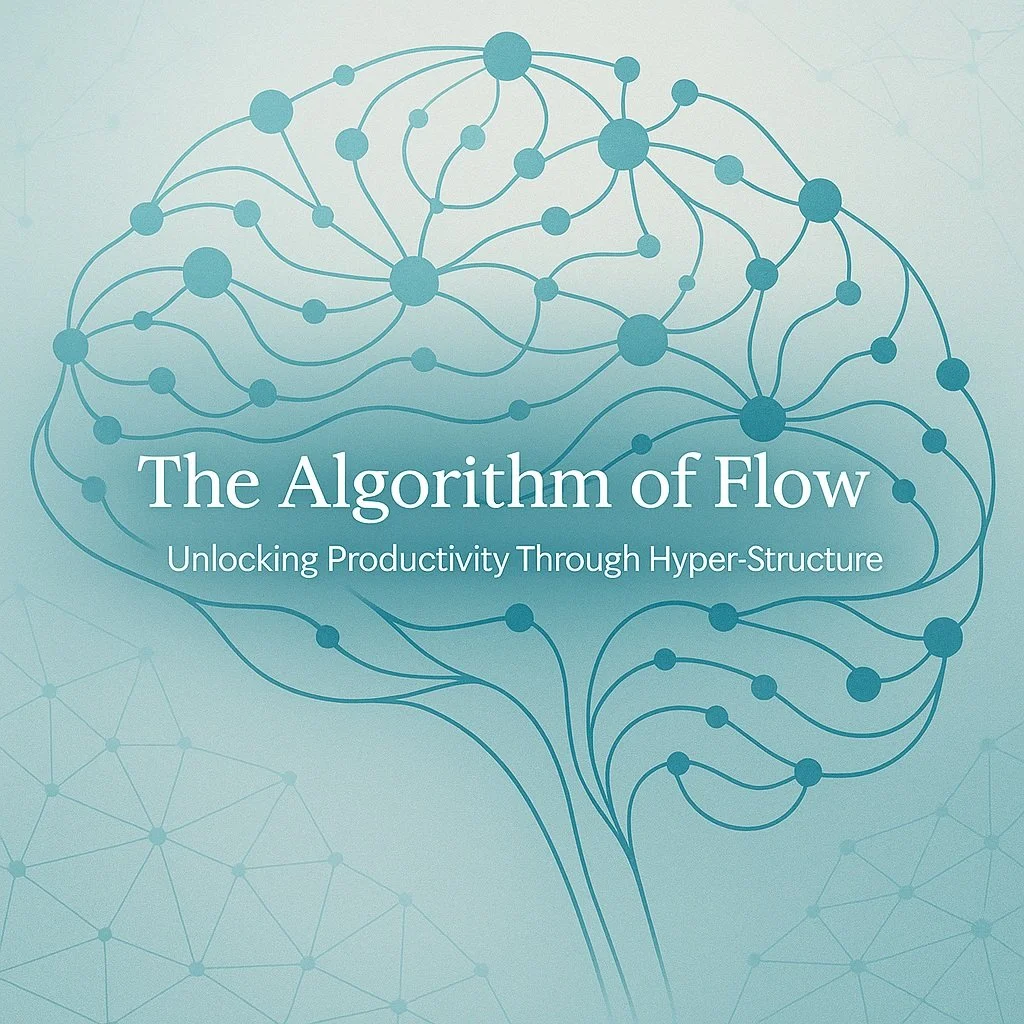Beyond the Scale: Body & Story
With every pregnancy, I gained somewhere between 80 and 100 pounds, and every time, my body refused to let it go without one hellofa fight.
After my third child, I hit 180 pounds.
At five-foot-five, I was officially obese.
It took years—okay, eight—but I finally got back down to 135. I felt strong again. Like I could breathe in my own body.
Then life burned down.
Three months with my kids at a women’s shelter.
A war disguised as a court battle.
The sudden shift to single motherhood.
I lived with the kind of exhaustion that rewires your cells. I was too stressed to eat, too busy to stop moving.
The weight dropped off even more, not from health, but from sheer circumstance.
And then, as if the universe had been waiting for the perfect plot twist, came a post-tubal-ligation pregnancy. A surprise fourth baby. Fate laughing in my face, “Oh, did you think you’re done?”
I was 34.
My reproductive system had filed for retirement.
And yet there I was again—swaddled newborn in my arms, typing away while nursing.
Thankfully, I had a desk job. And he was my fourth, I was confident enough to multitask like a professional one-woman band.
I told myself it was fine while inhaling cheap carbs and chocolate, that the daily one cup of coffee ration was enough to keep the world spinning.
It wasn’t.
The exhaustion hit hard… heavier than any number on a scale. By the time the rent-to-own deal fell apart, I was running on fumes—juggling two jobs, a newborn, two family court cases, a civil suit… and now a legal dispute with the landlords. Worse, the house wasn’t owned by strangers or a shady company; it belonged to my baby’s grandparents. People who said they would help me come what may. But when the housing market picked back up and retirement started calling, they pulled the deal.
I had poured everything into that house, replacing nasty carpets with luxury vinyl plank, painting every room. I even finished a good portion of the 1000 sq ft. basement. It wasn’t just cash and sweat equity, it was belief; I thought I was building on solid ground. Something stable.
Instead, I was left holding a stack of receipts and an agreement that meant nothing.
Between a full-time job and two part-times, three older children, and now FOUR separate legal battles, I was packing boxes I’d just unpacked, babying the baby, and refreshing listings that disappeared faster than I could click them.
Every creak in the floorboards reminded me how temporary everything was.
Panic had its own heartbeat then. It pulsed through everything. When I finally found another place, a small condo with old bones and broken appliances, it felt like winning the lottery. For three months after we moved in, I ran on pure adrenaline, fixing, scrubbing, painting, building some small version of stability.
Then the crash came.
Post-baby, post-crisis, I stepped on the scale: 190 pounds. I remember the number because it felt like a verdict. But the truth was, I wasn’t lazy or careless—I was depleted. My body had been living on cortisol and caffeine, my blood ran as thin as my patience.
That’s also when I learned I had chronic anemia.
Low iron means low oxygen means low everything. It’s the kind of tired that sits in your bones, that no nap can touch. It means dragging yourself through work and motherhood like you’re underwater, still smiling, still showing up.
And yet—
That’s what this body did. It carried babies, carried boxes, carried stories, carried me through every season that tried to break me.
If weight loss is a mental game, mine was played in a hurricane. But here’s the truth no one tells you: even in a storm, your body is trying to save you. Sometimes it holds on not out of failure, but faith, believing, stubbornly, that you’ll make it to calm waters again.
The Attempts
Last year, I tried that calorie-tracking app—I can’t even remember its name now, that’s how fried my attention span was. I actually lost about 16 pounds before giving up... tracking every bite felt like its own part-time job. Boring. Exhausting. Unsustainable.
Of course, the weight came back. Plus interest.
Around then, I finally got started on treatment for the anemia. It helped, but it was brutal on my digestion and cost about $40 a week. Eventually I couldn’t sustain it. Cue hopelessness, and of course, more weight.
The Cycle
Every year, when the weather warms up enough to get outside, I start again. I love walking, but where I live, you only get about four good months for it, and they’re not even in a row. My house is too small for a treadmill, the gym is too expensive, and to be honest, I don’t want to exercise indoors. I love every precious, few and far between moment that I can escape to nature.
July 2025 was no different. I was fed up again, standing on the scale at just over 220 pounds—the heaviest I’ve ever been, and somehow still my “starting over” weight. (At 5’5”, that puts my BMI around 36.6—clinically obese, if you want the cold math.)
So I started again. I knew the issue wasn't the food (not directly); it was the exhaustion and the stories my body was still carrying.
The Turning Point
Between August and September of this year, something finally shifted. Maybe it was the weather, maybe it was me, but I found a rhythm that didn’t feel like punishment.
In six weeks, I lost twenty pounds—going from 220 down to 200. But the number wasn’t the win, the win was realizing I didn’t have to white-knuckle my way through it this time. I stopped trying to control everything alone. I started setting up systems—a simple plan that kept me accountable, a few tools that made life (not just weight) easier to track.
And that’s the thing: if you want to lose weight, you can’t do it in isolation. You need to engage the whole system you exist in. Engaging means whatever that looks like for you—a walking buddy, a group chat, an app, even a spreadsheet. Something that reminds you that you’re not fighting yourself; you’re rebuilding yourself. One small, new habit at a time.
Because the truth is, our bodies don’t just carry weight. They carry stories. And healing them isn’t a solo project, it’s reclaiming your narrative.
The Deeper Truth
Here’s what I’ve learned: losing weight isn’t just about food or willpower—though those certainly play their parts—it’s about emotional energy.
Often, people gain weight because we carry weight that isn’t ours,
we absorb stress like a sponge,
we metabolize other people’s moods.
We hold the tension in our nervous systems, trying to keep everyone else okay, and then we wonder why our own bodies feel like they’re breaking.
When your life is a constant state of hypervigilance, your body protects you the only way it knows how: by slowing down, storing up, padding against the next blow.
So, this time, I’m not just trying to lose weight. I’m trying to lose the emotional load that came with it.
Next Steps
This journey isn't a race; it's a slow, steady path back to yourself. If this story resonated, here are three gentle steps you can take today to lighten your load:
Start Small, Start Now: Don't overhaul your life—just introduce one tiny, new habit. For proven ways to make new habits stick without burning out, check out my 5-part Hijack Your Brain Series (Check it out by clicking here).
Check Your Engine: If you're running on chronic exhaustion, push for a deeper checkup. Ask your doctor for blood work that specifically checks your Ferritin levels. This measures your body's vital iron stores, which are often the true culprit in fatigue, not just the "free-floating iron" they typically test. (And if you do have anemia, check with your doctor, but you can probably supplement every other day for best results and better bang for your buck.)
Stay on the Path: You don't have to navigate this healing process alone. Subscribe to my newsletter or follow me on social media to receive updates on this series and get continued resources for unburdening your mind and body.
Remember this: Your body carried you through the hurricane. Now, it's time to choose yourself and give it the peace it deserves.































For decades, I lived inside a storm I couldn’t name. A restless mind. A body always braced. A heart that felt heavier than it should. I blamed myself. I blamed circumstances. I worked harder, tried harder, forced myself into routines that never stuck. I spent years believing I was simply too much and not enough at the same time.
Then, a diagnosis reframed everything.